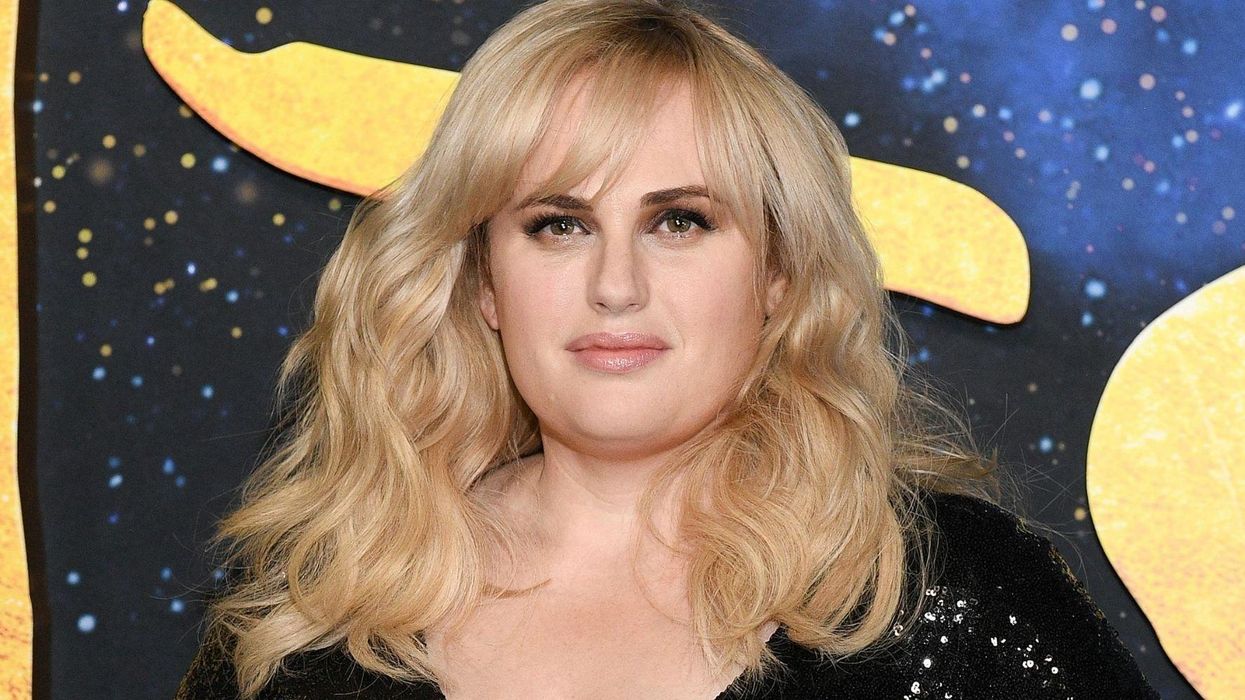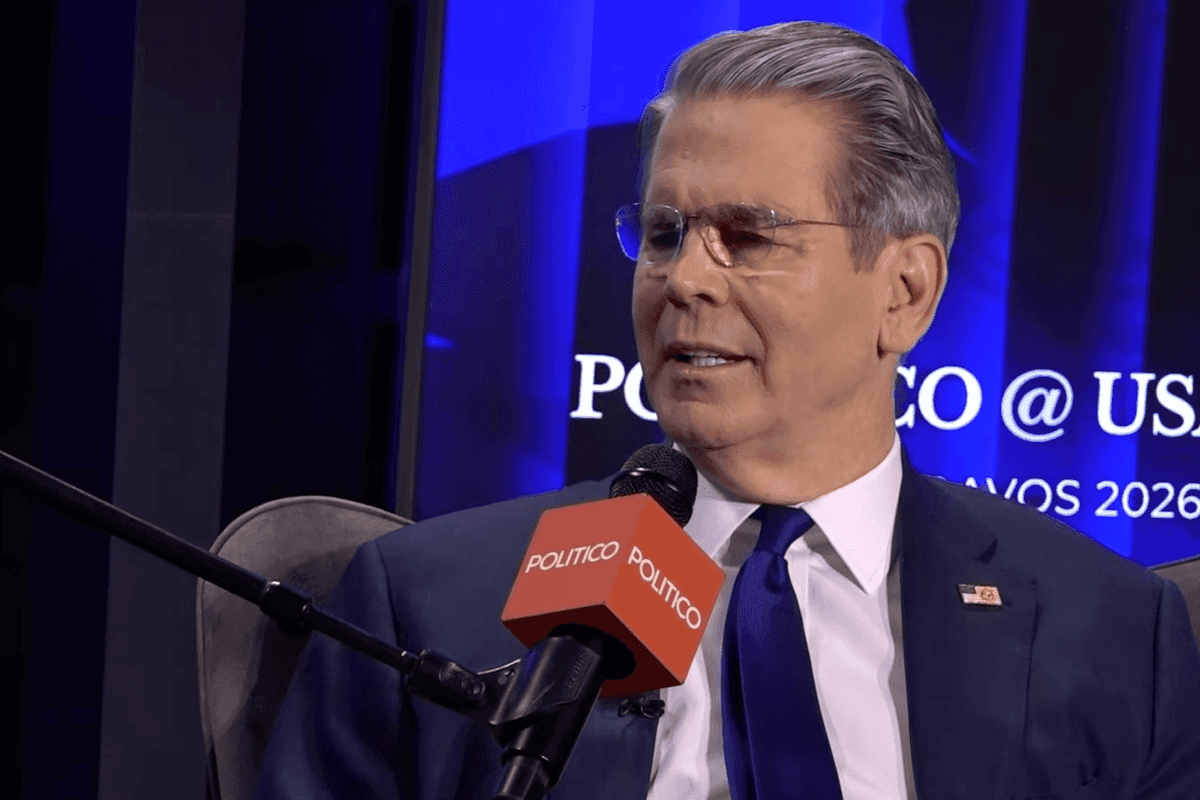Sirena Bergman
Jul 23, 2020

Getty
All women will likely have experienced being judged on their looks alone. Women who are famous, even more so.
This is especially true of women celebrities who don't conform to traditional standards of beauty, especially in their industry. These women are shamed and mocked, or unfairly upheld as "inspirational" for simply existing in their bodies.
This narrative is one that's been applied to Australian actor Rebel Wilson since she hit mainstream fame in 2011 after the release of Bridesmaids.
Wilson has never shied away from discussing her body size, even becoming the face of weight loss company Jenny Craig in Australia. She has spoken about her goal to lose weight and the fact that she wasn't allowed to do so while filming Pitch Perfect.
In January, Wilson told her fans that 2020 was going to be a "year of health", and subsequently shared her "goal weight".
But it's her latest Instagram post – or rather, the reaction to it – which is causing a bit of a stir, and leading people to criticise the ways we speak about women and their bodies.
Earlier this week she posted a series of pictures of herself in workout gear at the top of a mountain. The second post included the caption "closer each day", which was widely interpreted as being about her achieving her weight loss goals.
The post now has over half a million likes, and people flooded social media with their thoughts.
Lots expressed support for Wilson, and thanked her for sharing such candid content. But others pointed out that the fact that a woman has apparently lost some weight really shouldn't be newsworthy.
In fact, discussing women's bodies or weight at all can be damaging to society at large, which already puts unrealistic expectations on women and pressures them into feeling the need to conform.
For many, seeing weight loss being "praised" can be triggering if they've previously struggled with disordered eating. It's also not the case that losing weight is always linked to positive mental or physical health, so sweeping statements along these lines are not going down well.
It follows conversations about the way we discuss the bodies of other celebrities such as Adele, who faced similar responses to recent images, and Zac Ephron, whose body has been problematically picked apart by social media users since he appeared topless in his new Netflix documentary about wellness.
It's a good reminder that commenting on people's bodies is never a good idea, even if it's meant well.
Top 100
The Conversation (0)













